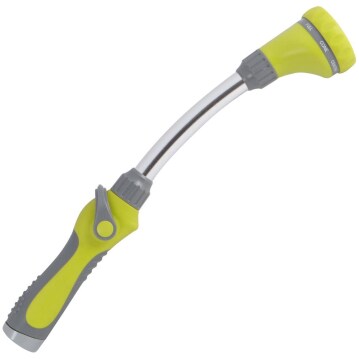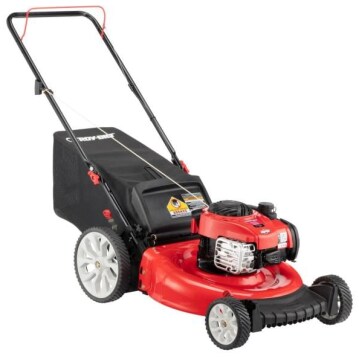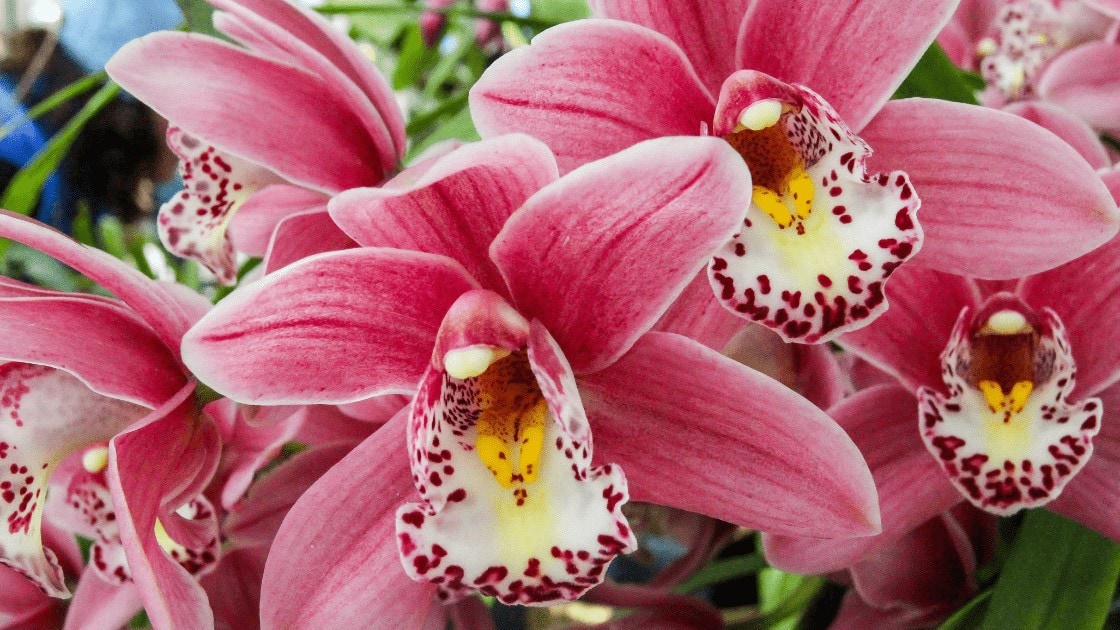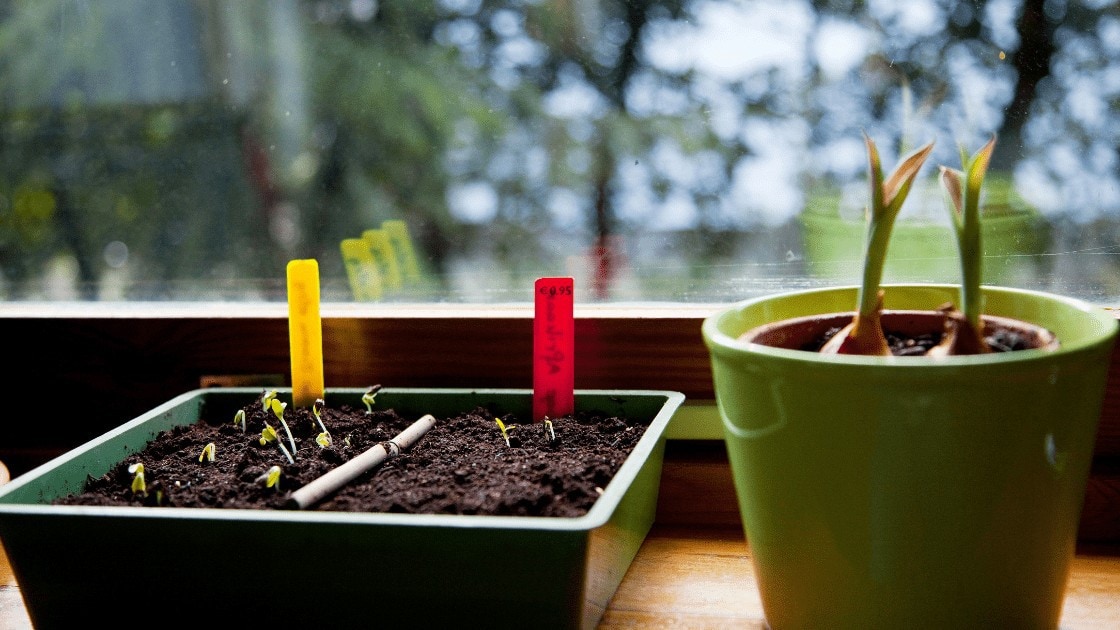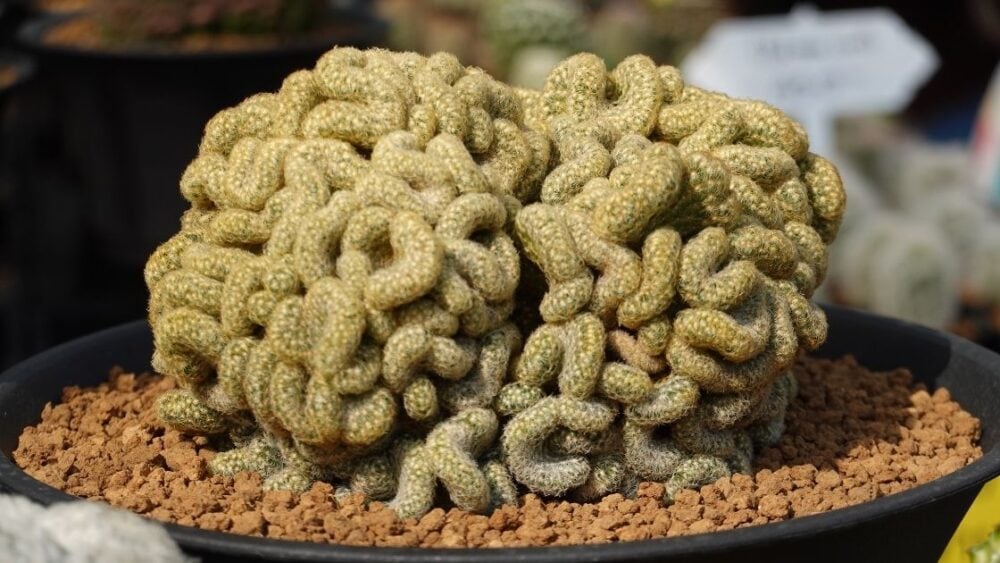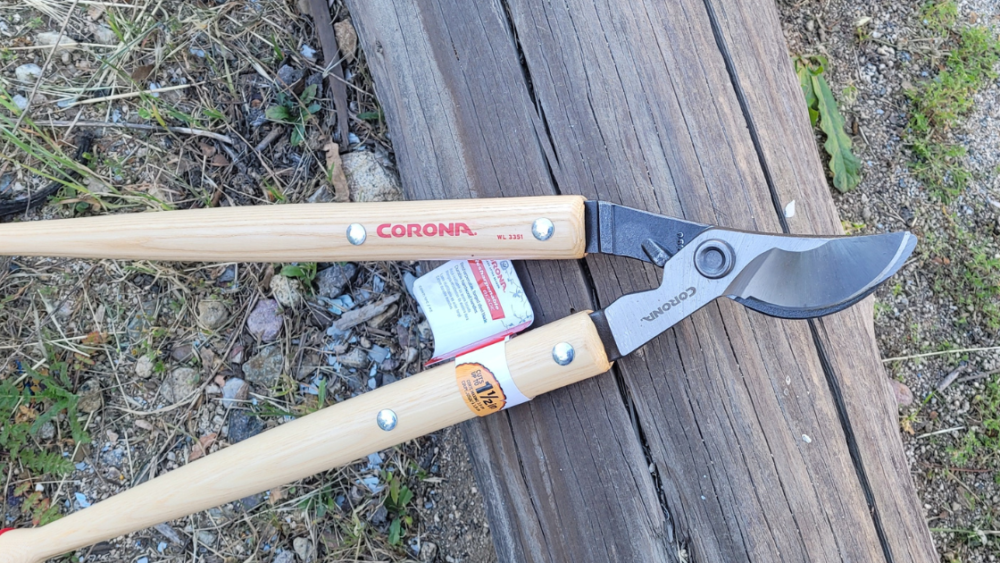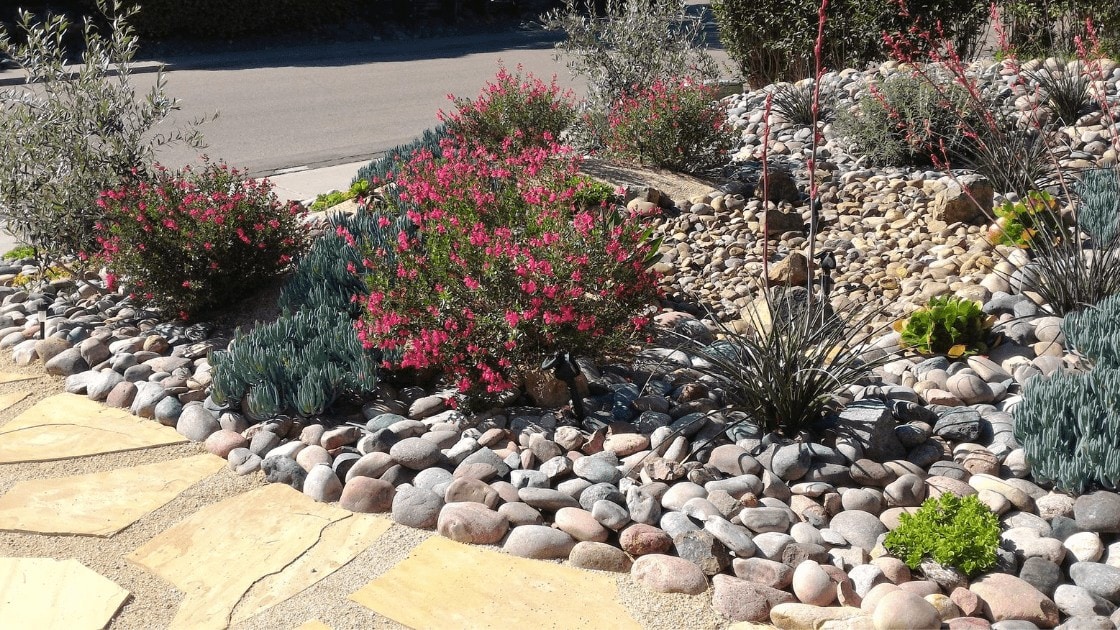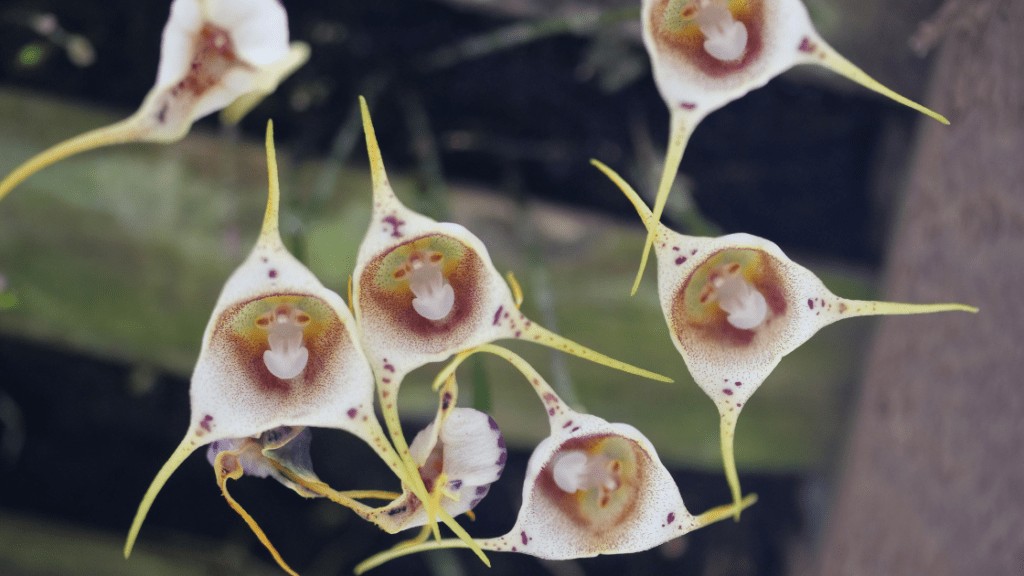
One of the most loved and sought-after plants today, both by gardening lovers and by mere amateurs, is the orchid. Whatever their species, the orchids that have more than 1200 varieties to choose from are one of those flowers that always manage to make those who decide to grow them in their homes and gardens fall in love. The reason? Their extreme beauty and ease of care.
All plants have their peculiarities and need a specific care guide to survive properly and bloom in the right world of the year, and orchids are no exception to this. They are plants that are normally cultivated successfully in indoor places and without direct exposure to the sun, such as apartments with a terrace or large houses with great natural lighting. And this is the case of the type of orchid we are going to talk about next: the Denrobium Moschatum.
This species of orchid is one of the most popular that exist so far, both for its aroma and for the beauty of its large yellow and amber flowers, thus becoming one of those plants that everyone should know and get to have someday in their own personal garden.
Browse our Affiliate Products
Do you want to know everything about Dendrobium Moschatum?
Read on!
How to Identify a Dendrobium Moschatum
The Dendrobium Moschatum is a terrestrial type orchid native to Southeast Asia and some regions of Oceania, being common to find it among the tropical forests of Thailand, Nepal, Laos, Vietnam, India, China, Burma, among others.
Despite being a commonly terrestrial orchid, it is also very common to observe that it grows on the trunks of large trees and can be found at 300 and 900 meters above sea level. This makes it a type of orchid that loves humidity and to stay in places where the sun and humidity are constant.
Identification
We can quickly identify this plant as it is a large orchid, with robust shapes and large fine leathery and oval leaves of 10 to 15 centimeters in length. Its stems are characterized by being very long and erect, measuring up to 180 centimeters and producing 5 to 15 scented flowers of a beautiful yellow color that can have between 4 and 8 centimeters in diameter.
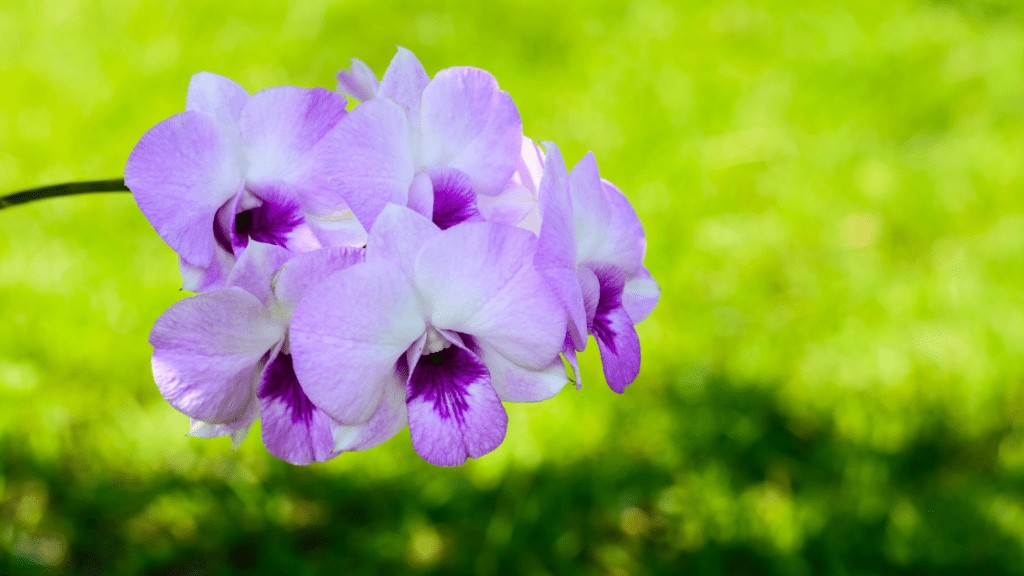
All their flowers appear at the same time and not in a progressive way, blooming along one week and lasting opened around one week during the months of December. The beauty of its flowers lies in its wide and oval petals, which have a combination of yellow and pink coloring and have a bag-shaped lip covered by a large amount of fine golden hair, and a large purple spot at its base.
Without a doubt, when we are in front of a Dendrobium Moschatum we will know it, since unlike the rest of the common orchids that are usually cultivated in houses, this one has some very differentiated tones and size that make it really special.
Care
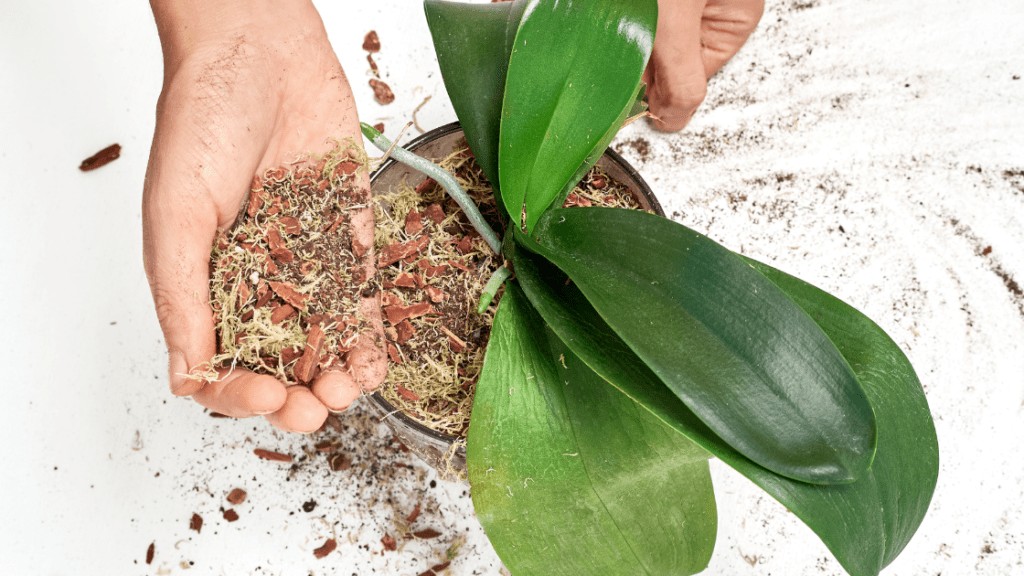
Lighting
As we have explained before, the Dendrobium Moschatum loves the sunlight, since it is a type of orchid that originates from tropical forests where it grows in places in warm places during most of the year.
However, in spite of being a warm climate plant, it does not like to receive the sun’s rays directly and much less if those rays are the ones produced during the summer months, since its flowers and leaves would suffer serious burns that could make it sick without remedy.
That’s why experts recommend keeping it in a place where it receives sunlight indirectly and can endure the sun’s rays more directly until 12 noon during the winter months.
Air Circulation
It is very important that we keep our orchid in a place where it can always be kept fresh and where it receives a constant flow of air.
These plants grow wild in very cool and airy places, so it is vital for their survival that they continue to enjoy the daily outside breeze, as this will help them to better withstand the heat and evaporate any stagnant water from their leaves and soil.
Watering
The watering of this plant should be abundant during the spring and summer months until the first frosts of autumn, at which time we can start to let the soil dry out and water it only occasionally every 3 to 5 weeks.
As it happens with the rest of the orchids, we should water our plant according to the temperature it is exposed to, that is to say, the higher the temperature, the more frequently we should water it, and vice versa.
Fertilizing
To ensure that our Dendrobium Moschatum grows properly and is pest free, we should fertilize it every one to two weeks using 1/2 or 1/4 of specialized orchid fertilizer.
Experts recommend that during the months from spring to well into summer we enrich the fertilizer with a dose of nitrogen, and just before the arrival of cold weather we do it with phosphorus to ensure that its flowering is correct.
Dormancy
This type of orchid, just like all other species, needs what is called a resting period, in which we must stop watering and fertilizing our plant constantly and allow short periods of time to dry out.
This does not mean that during the winter months we should completely forget about our orchid, but rather that we should always make sure that its soil is kept sufficiently moist and drained until the arrival of spring and the rise in temperature.
Winter Care
Despite being a tropical plant used to living in warm climates throughout the year, possessing a Denrobium Moschatum in a place where the winter months are really cold is possible, provided we carry out some very specific care.
It will be enough to provide the right amount of fertilizer and water to keep the plant moist and healthy until the arrival of heat; make sure it is always ventilated ( if not, use an oscillating fan) and use a fertilizer with phosphorus to ensure that the plant grows strong and ready for a new stage of flowering.
And above all, avoid exposing the plant directly to cold air from outside and to the first rays of the morning sun, as it could end up suffering extreme cooling or irreversible burns of its leaves.
Why Hasn’t My Orchid Bloomed
As with most plants, there are times when we will not be able to get our orchid to flower on time without knowing very well what the reason is.
In the case of orchids, the main reason why the plant does not flower when it touches is the lack of light, causing its leaves to darken and take on a very dark green shade. If this is the case, the only thing we should do to remedy this is to change our plant and keep it in a room where there is a greater amount of daily light.
Pest/Disease
Orchids are not a type of plant that suffers from the constant presence of pests, but that does not mean that they may have been affected by some type of pest or fungus.
Among the main pests that could make your orchid sick are the following:
Aphids
You will know that your plant has aphids when you observe that it has started to appear a large amount of circular and sticky spots of grayish tone everywhere. Aphids are not a pest that you need to worry about too much, because with the right insecticide or using a solution made from water and dishwashing soap, you will be able to eliminate them completely.
Flakes
The scales will appear on the edges of the leaves or on the underside and can be easily removed with a cloth moistened with soap and water or through a specific insecticide for this type of pest.
Mealybugs
Perhaps the mealybugs are the most aggressive and difficult to eradicate with which you can find, characterized by the appearance of a whitish mass (similar to cotton) that will stick strongly to both the leaves and the trunk of your plant.
Thrips
Thrips are tiny creatures that appear as streaks of light on the flowers and leaves of plants and can be easily removed with insecticide, soap with water and a damp cloth with a little alcohol.
Orchid Babies
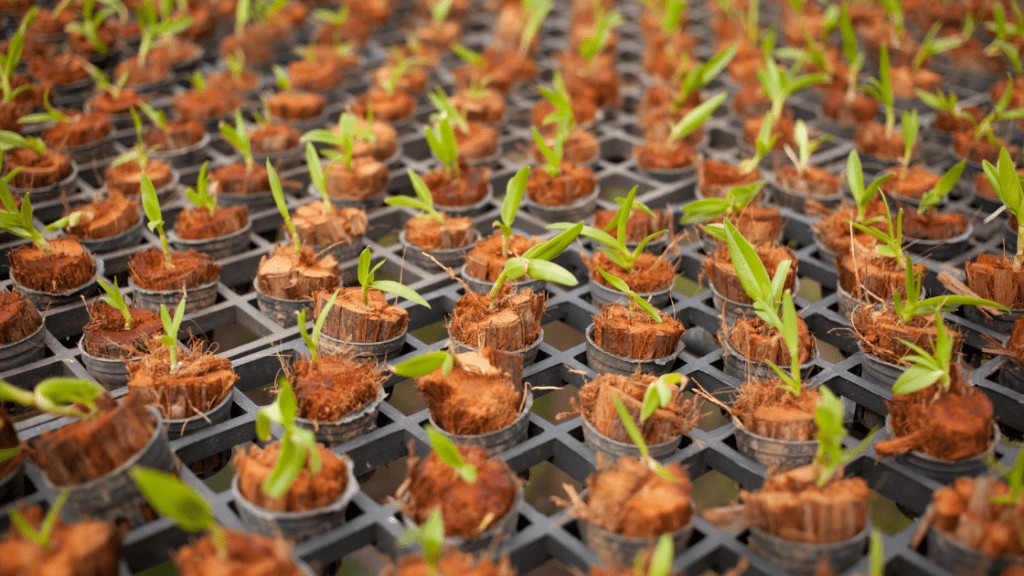
Did you know that the shoots that orchids produce are called “Keikis”?
They are small plants that will be born from the root of your orchid and when they reach 2 to 3 centimeters in length you will be able to transplant them. Do you want to fill your house and garden with beautiful orchids? Then you must be aware of all the “Keikis” that your orchid will produce and with time and love you will achieve it!
Did You Know?
Did you know that orchids are capable of producing flowers with a shape similar to the pollinating insect they want to attract during spring?
Yes, as you can hear! For example, there is the orchid called Ophrys Apifera that produces flowers similar to the shape of a female bee, so that the male bee gets close to it and pollinates it before any other plant. Incredible, isn’t it?
Conclusion
In conclusion, if you want to start enjoying all the advantages that growing orchids in your garden can have, whether they are Denrobium Moschatum or any other species, the only thing you will need to do is follow all the advice we have explained throughout this article.
Plants are the perfect flat mates that in exchange for very little will offer us their beauty and aroma over the years, so it is worth giving them the attention they deserve to prevent them from dying prematurely.
